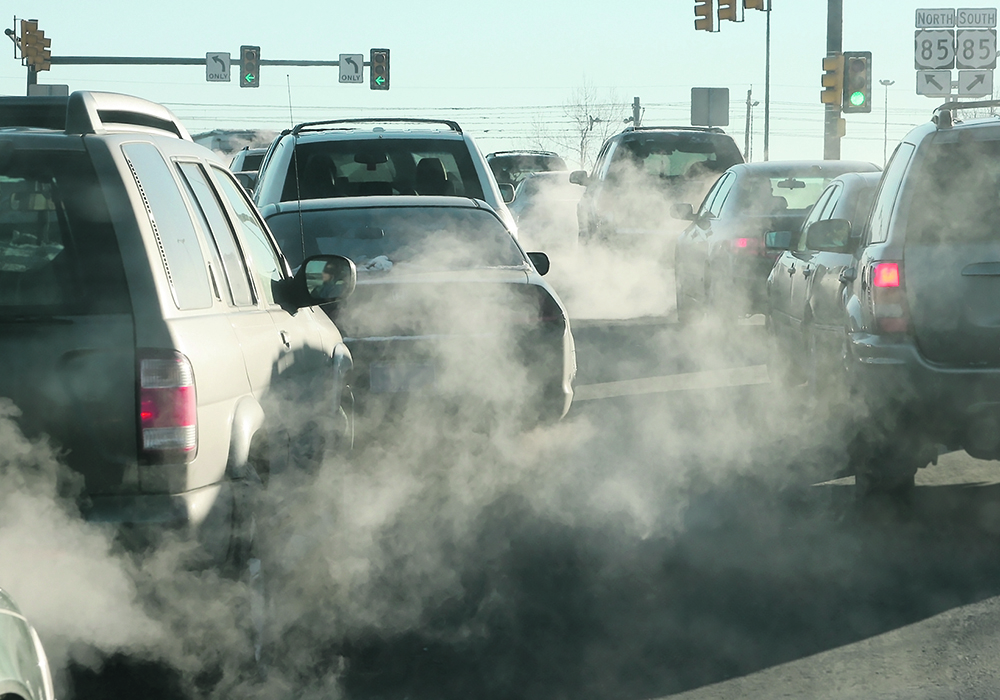A leading Canadian economist says the case for carbon taxes is limited, with its proponents delivering more rhetoric than reality.
In an interview, Steve Ambler, an economics professor at the University of Quebec at Montreal, gave an excellent analysis of one of Canada’s most controversial taxes. He disagrees with a Supreme Court verdict that called the federal scheme merely “carbon pricing.”
“Yes, it’s a tax on the carbon dioxide content of everything that’s produced. It includes the carbon content of inputs into the production process,” Ambler said.
Read Also

Budget seen as fairly solid, but worrying cracks appear
The reaction from the agriculture industry to prime minister Mark Carney’s first budget handed down November 4th has been largely positive.
“Most economists agree that to achieve a given reduction in emissions, a carbon tax is the way to go. It taxes an externality and allows private businesses to figure out the most efficient way to reduce emissions.”
It’s true that governments have to get their revenues one way or another and, by some reckonings, the carbon tax might not be the worst.
“An ideal tax system involves taxing things that are demanded inelastically at a higher rate because it creates less economic distortions,” Ambler explains.
“The demand for energy is probably pretty inelastic, since it’s pretty hard to produce anything without it, which suggests that carbon taxes could actually be efficient from a public economics perspective.”
On the other hand, an inelastic tax means people will pay it grudgingly because they can’t avoid it.
“To the extent that carbon taxes fall more heavily on things that poorer people consume, they’re regressive,” Ambler says.
“An ideal carbon tax would be revenue neutral. Other tax rates would be decreased as the carbon tax is introduced or increased.”
If readers think, “good luck with that,” their instincts are correct.
“Once governments get their hands on a new source of revenue, they’re invariably reluctant to loosen their grip on other sources of revenue.”
Ambler says carbon taxes “make everything more expensive,” something we don’t need in already highly inflationary times. Moreover, proposed federal rebates don’t resolve the distortions that carbon taxes cause the economy.
There is no question that a tax on carbon will hurt Canadian manufacturing.
“If Canada were irrationally to go forward with a plan for net-zero, one effect would be to shift production from Canada to other jurisdictions with lower carbon taxes. So going it alone, or even going it with only a subset of the world’s economies on board, makes no sense at all,” Ambler says.
“China and India are perfectly rational to want to develop their economies by using cheap, reliable energy. Border adjustments — slapping tariffs on the carbon content of imported goods — would not compensate completely for this effect.”
The big-picture problem, Ambler suggests, is that this tax is ineffective for its purported goal.
“We’re assuming that emissions reduction targets even make sense. But as you know, if Canada were completely wiped off the map tomorrow, the increase in emissions from new Chinese coal plants would compensate for the elimination of Canadian emissions within the space of a few months,” Ambler said.
As well, he says he is persuaded by industry consultant and former Greenpeace president Patrick Moore and others that increased carbon emission also has some positive effects.
“The ‘CO2 greening effect’ is the incontrovertible fact that plants grow better and are more drought resistant. For plausible estimates of this greening effect, and once again using the IPCC’s own climate models, it’s at least possible that the ‘social cost’ of carbon is negative. If this is true, we should subsidize emissions rather than tax them.”
A reverse carbon tax, anyone?
Lee Harding is a research associate with the Frontier Centre for Public Policy. This article first appeared on the Troy Media website. It has been edited for length.















